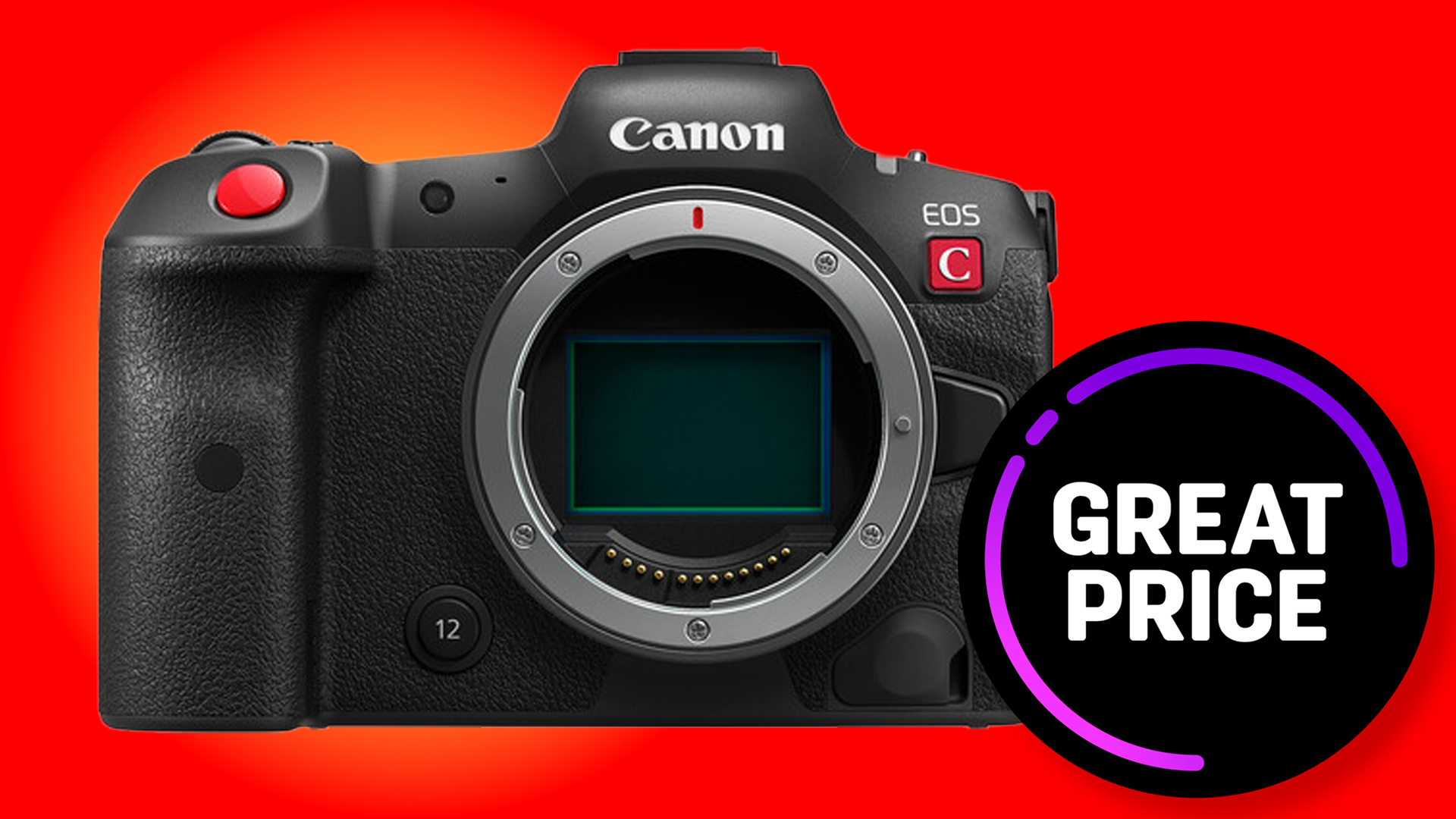The best budget vlogging camera in 2025
If you want to be a vlogger, these are the best budget vlogging cameras to get you started!
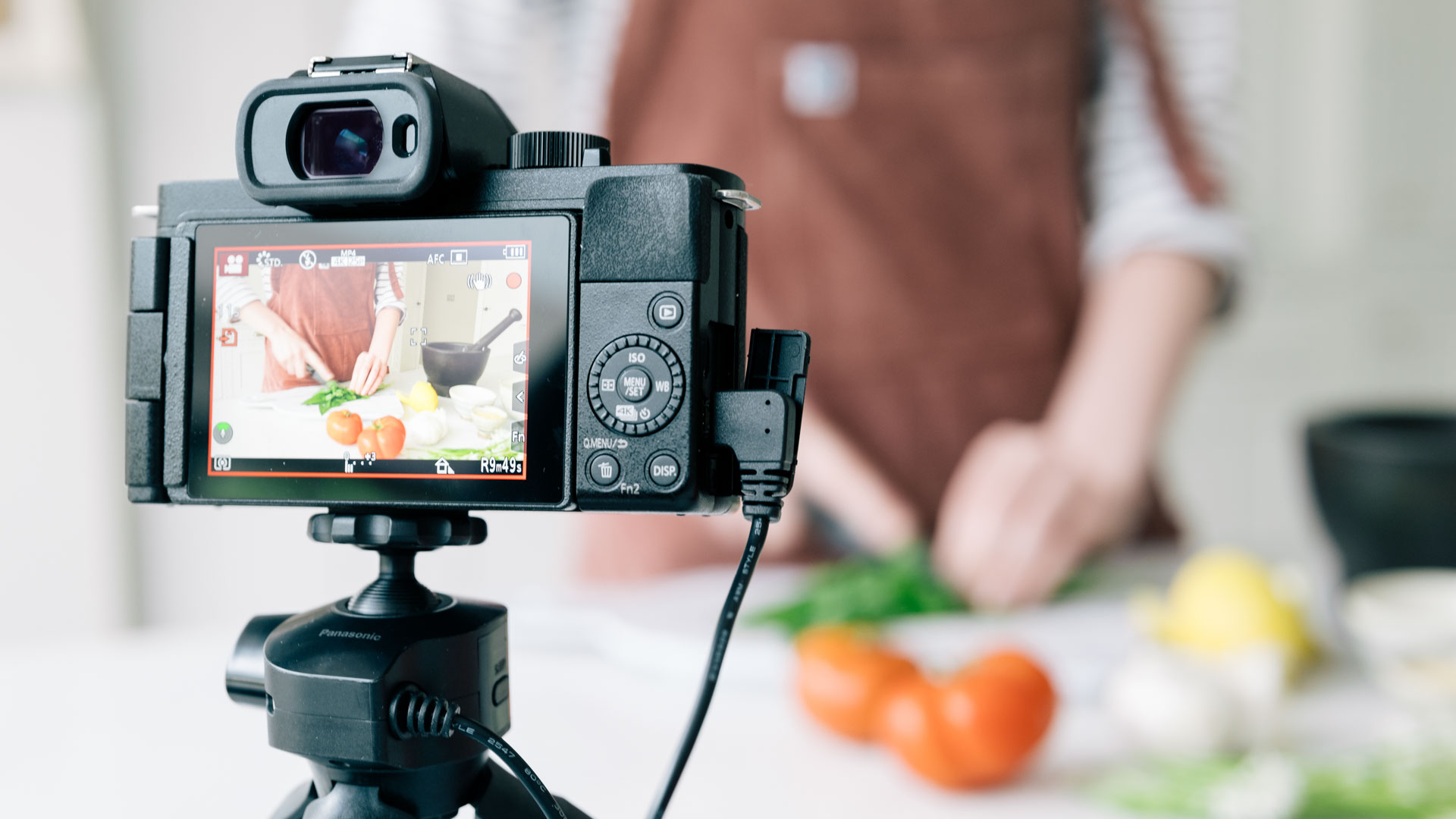
The best budget vlogging cameras will provide you with the kind of quality that's expected on platforms like YouTube, without costing the earth. Filmmaking cameras and pro video cameras can of course cost mega bucks, but there's a whole economy out there of brilliant, affordable cameras that are perfect for vloggers.
You may worry that you're missing out by not forking out for high-end stuff, but this really isn't the case. As we've found when we review more budget-friendly cameras, manufacturers are getting a lot more canny about packing high-end features into affordable models. For instance, the Fujifilm X-M5, which we've included on this list, is capable of shooting in 6.2K
This list represents the cameras we reckon offer real value for vloggers – some are new, others are few years old, but all of them tick all the boxes we think are essential for vloggers (see the bottom of the page for our criteria). If you have a bit more budget, see also our guides to the best cameras for filmmaking and the best cameras for vlogging.
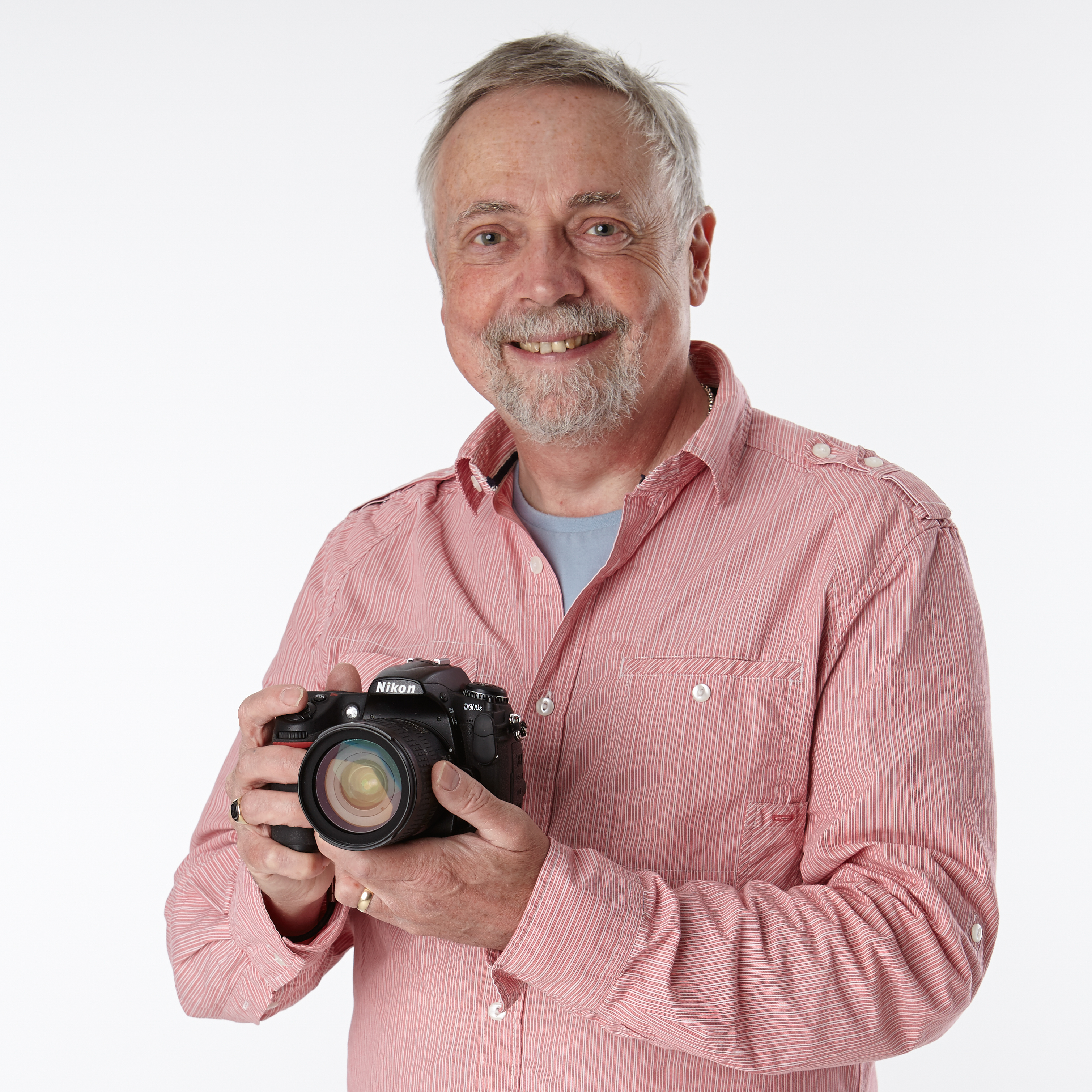
As a long-time DCW contributor and former editor, Rod has tested plenty of budget vlogging cameras. The models on this list represent his top picks that will provide a terrific vlogging platform without costing the earth.
The Quick List
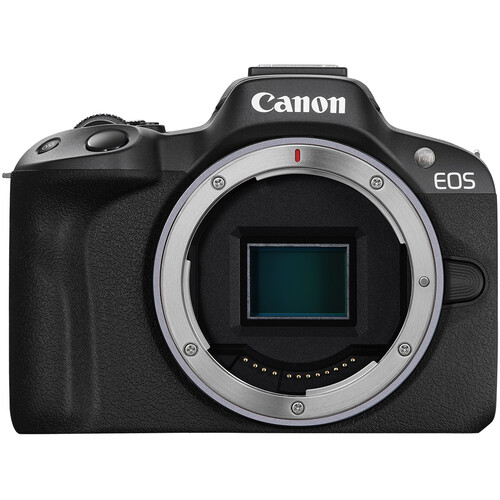
The Canon EOS R50 is Canon's smallest, lightest mirrorless camera but it still packs a punch with a 24MP CMOS sensor, 4K 30p video and dual pixel AF. The only downside is the limited choice in RF-S lenses.
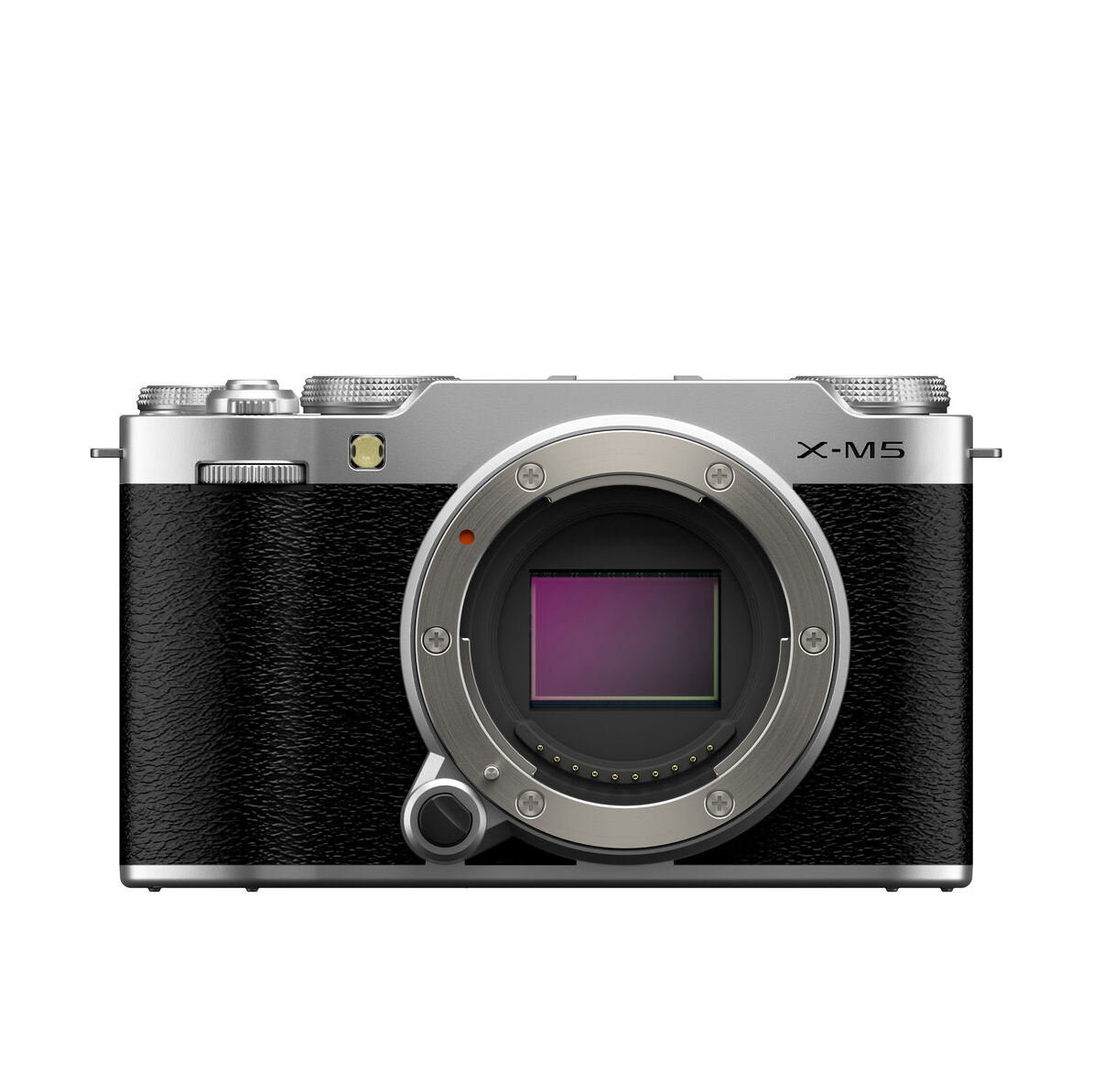
Putting high-resolution video in the hands of budget-conscious vloggers, the clever little Fujifilm X-M5 offers unparalleled flexibility during and after shooting – though its lenses aren't the cheapest.
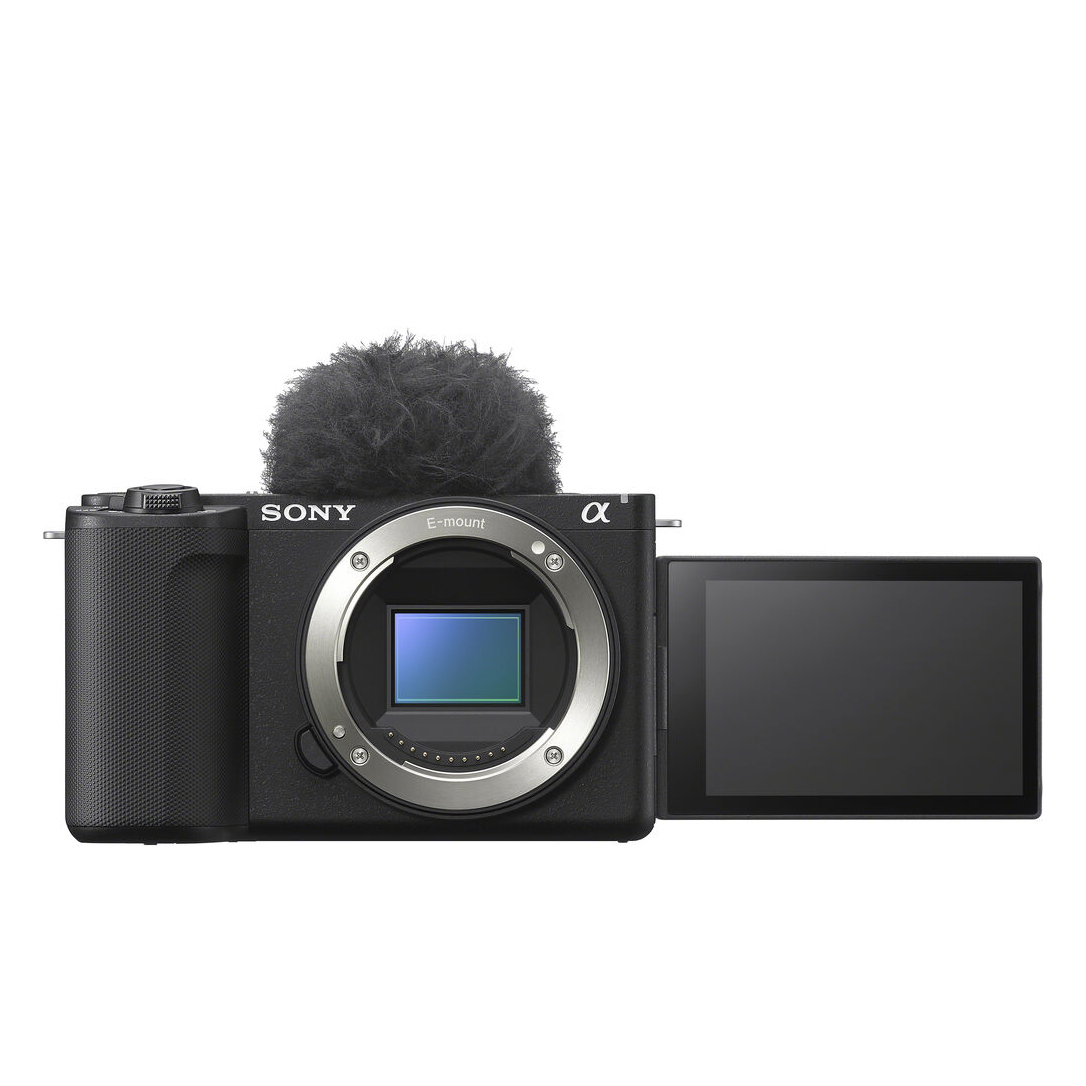
The Sony ZV-E10 II is the vlogging edition of the A6000 range boasting 4K video, a 26MP sensor, and a clip-on wind muffler for outdoor shooting plus there's a huge range of lightweight Sony E lenses to choose from.
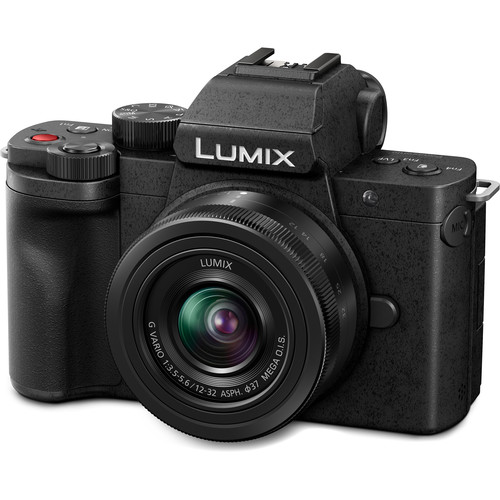
Considering its size and price, the G100 is a powerful bit of kit. It's easy to use, produces high-quality video and stills, has a flip-out screen perfect for self-shooting and is the cheapest on our list.
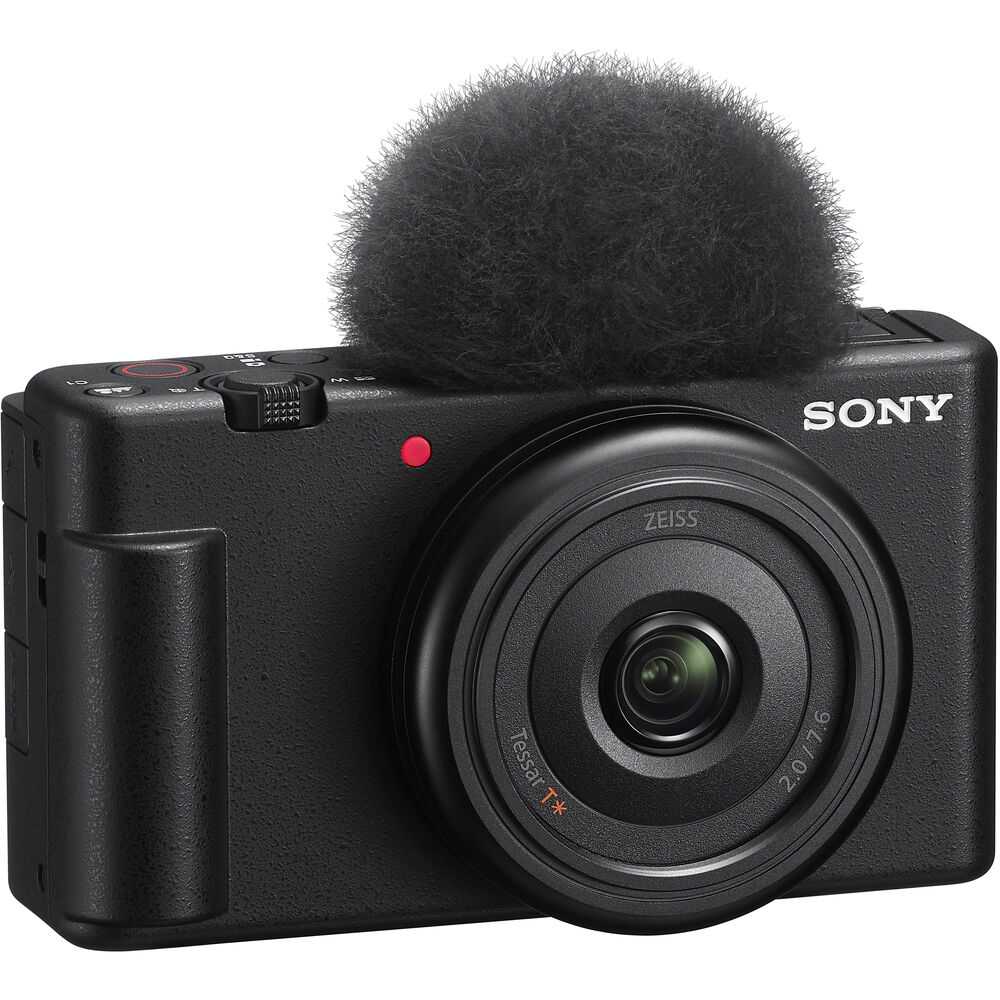
For amateur vloggers who don't want to spend anything extra on lenses, Sony's 20mm fixed lens camera is ideal. It's a step up from your phone, delivers 4K video and has snappy eye autofocus.
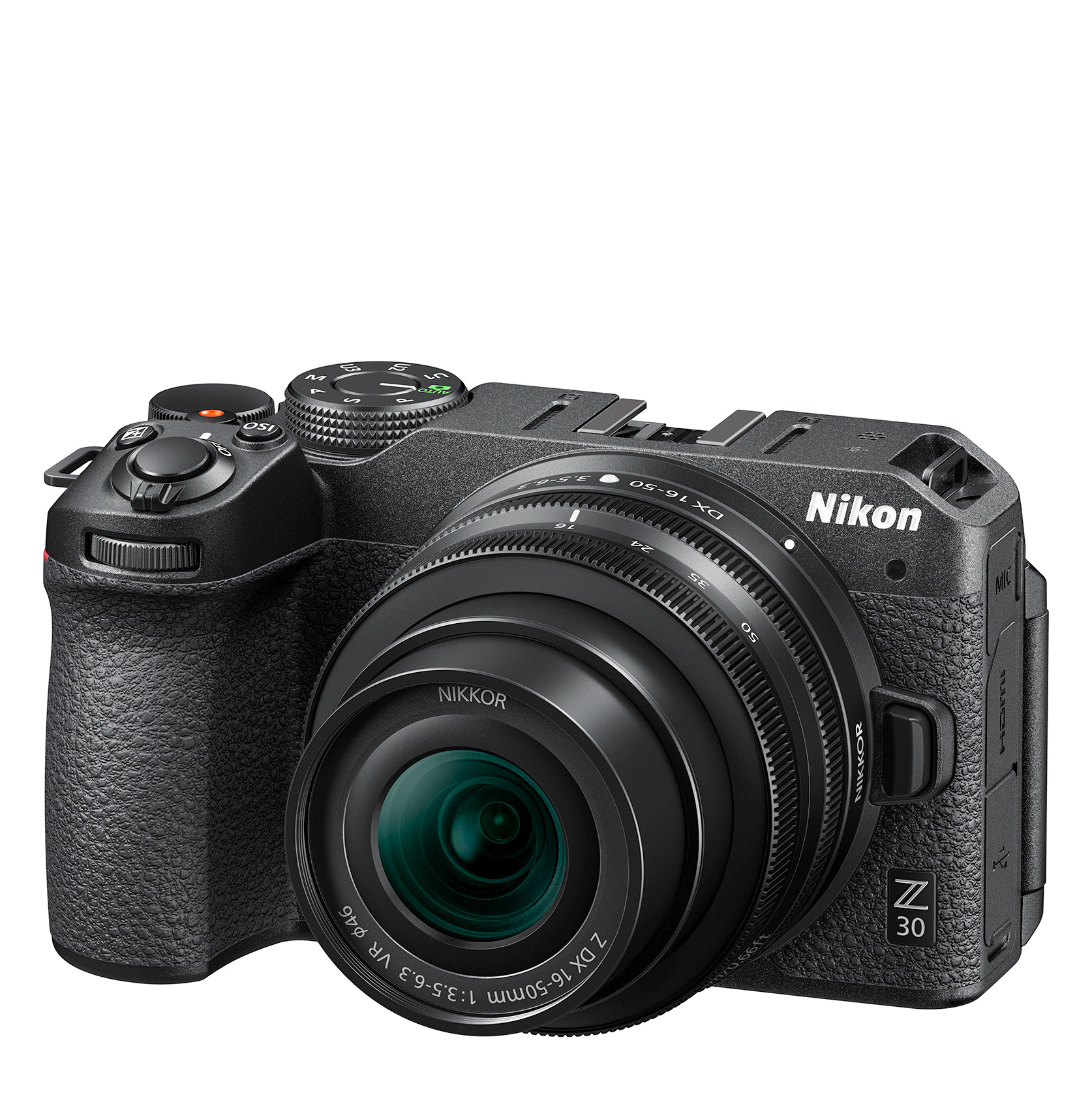
The Nikon Z30 might be the cheapest of its APS-C cameras but it doesn't feel it. It's perfectly adapted for vlogging with a flip-out screen, a 20MP sensor, and several pancake lenses that match the compact design of the camera.
See the next products
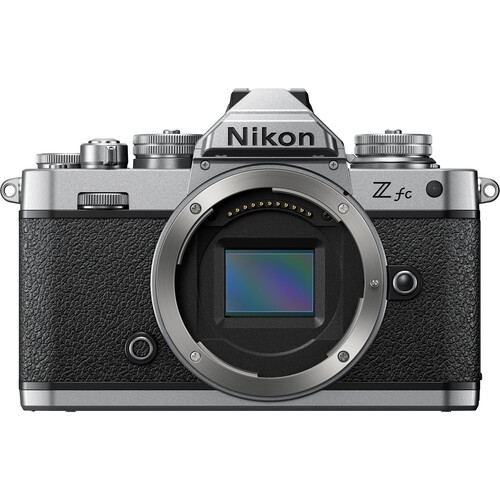
This retro-looking mirrorless camera is by far the best-looking camera suited to vloggers. It records 4K video and delivers excellent still images plus external control dials make it really easy to use.
The best budget vlogging cameras
Why you can trust Digital Camera World
Best all-round budget vlogging camera

Specifications
Reasons to buy
Reasons to avoid
Canon's APS-C EOS R system has come a long way in a short time, and the EOS R50 offers a remarkable combination of features and value for a brand-new camera. It's not designed specifically for vlogging, but stills photography too, and boasts not just 4K video capture with Canon's top-notch Dual Pixel AF system, but an electronic viewfinder and 24MP APS-C sensor for stills photography too.
As we note in our review, the EOS R50 is what would happen if the M50 Mark II and the EOS R10 had a baby! With its excellent sensor, great features, and affordable price tag, we think this is one of the best pocket-friendly cameras today.
The only cloud on the horizon is the relative lack of native RF-S lenses for the EOS R50 right now, particularly an extra-wide zoom for 'selfie vlogging'. If Canon doesn't sort this out soon, the success of its new cameras is far from certain.
Read our full Canon EOS R50 review
Best budget vlogging camera with 6K
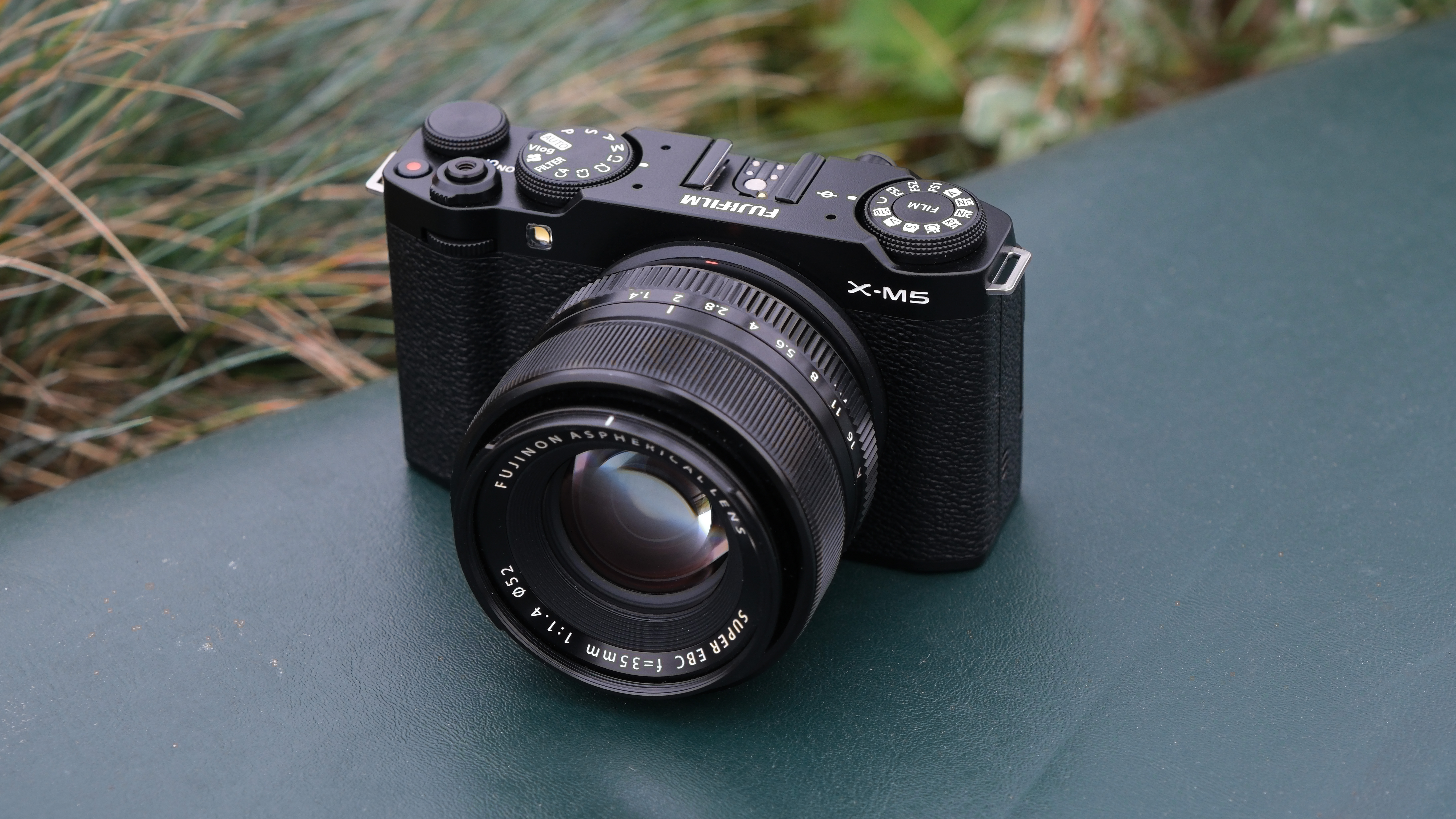
Specifications
Reasons to buy
Reasons to avoid
It used to be the case that high-resolution 6.2K video was something you'd only be likely to see in professional or advanced enthusiast cameras. However, the pocketable new Fujifilm X-M5 turns that on its head, boasting not just 6.2K, but open-gate 6.2K, meaning it uses the full width of its sensor to capture the image.
This is pretty significant and should put the X-M5 high on any budget vlogger's list of considerations. While you generally won't actually need to produce 6.2K content very often, if ever, the extra level of flexibility this provides for cropping into your footage makes you much more versatile and gives more latitude in the edit.
The X-M5 is very clearly tilted towards vloggers – it has a dedicated vlogging menu, and also makes it easy to capture footage in a range of aspect ratios – perfect if you need to post content on different social platforms like TikTok and YouTube. As a Fujifilm X camera, the X-M5 has access to a stable of truly excellent lenses – though there are fewer cheap options in the X-mount stable than in other brands', it must be said.
The camera is so pocketable that those with large hands may even find it a bit fiddly. But for many vloggers, particularly those who want portability without compromising on quality, it's likely going to find itself very welcome indeed. It earned the full five stars in our review, not just for being a technically proficient vlogging camera, but also for being just downright fun to use.
Read more: Fujifilm X-M5 review
Best vlogging camera for lens choice
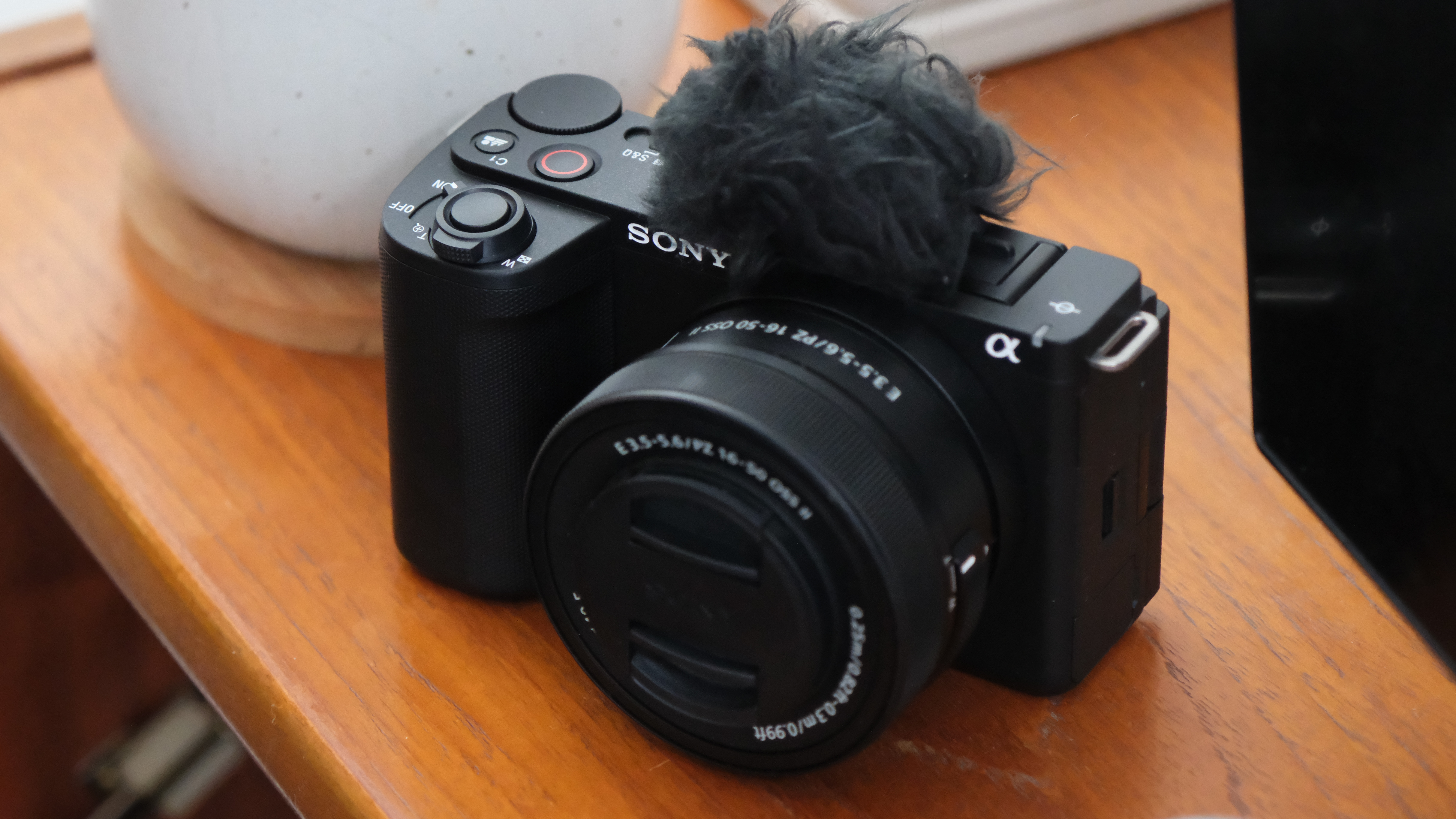
Specifications
Reasons to buy
Reasons to avoid
The Sony ZV-E10 II is designed as an upgraded vlogging camera with enhanced features for video content creators. It shares the same sensor and processor as the Sony a6700, ensuring high-quality images, but its primary focus is on video rather than photography.
The camera offers impressive video capabilities, including 4K30p without cropping and 4K60p with only a minimal 1.1x crop, making it versatile for vloggers. Notable features include the "Cinematic Vlog" mode, utilizing Sony’s S-Cinetone for outstanding footage straight from the camera, and the option to record in S-Log with 10-bit color for flexible post-production editing.
Additionally, the product showcase focus feature provides seamless autofocus between the subject and background, which is beneficial for vloggers showcasing products.
While it lacks 4K120p, this isn't a significant drawback considering its price point. It's worth noting that extended 4K recording may cause overheating, so it's more suitable for shorter video sessions.
Overall, the ZV-E10 II is an excellent option for vloggers seeking a compact, feature-rich camera at an affordable price.
Read more: Sony ZV-E10 II review
Best value vlogging camera
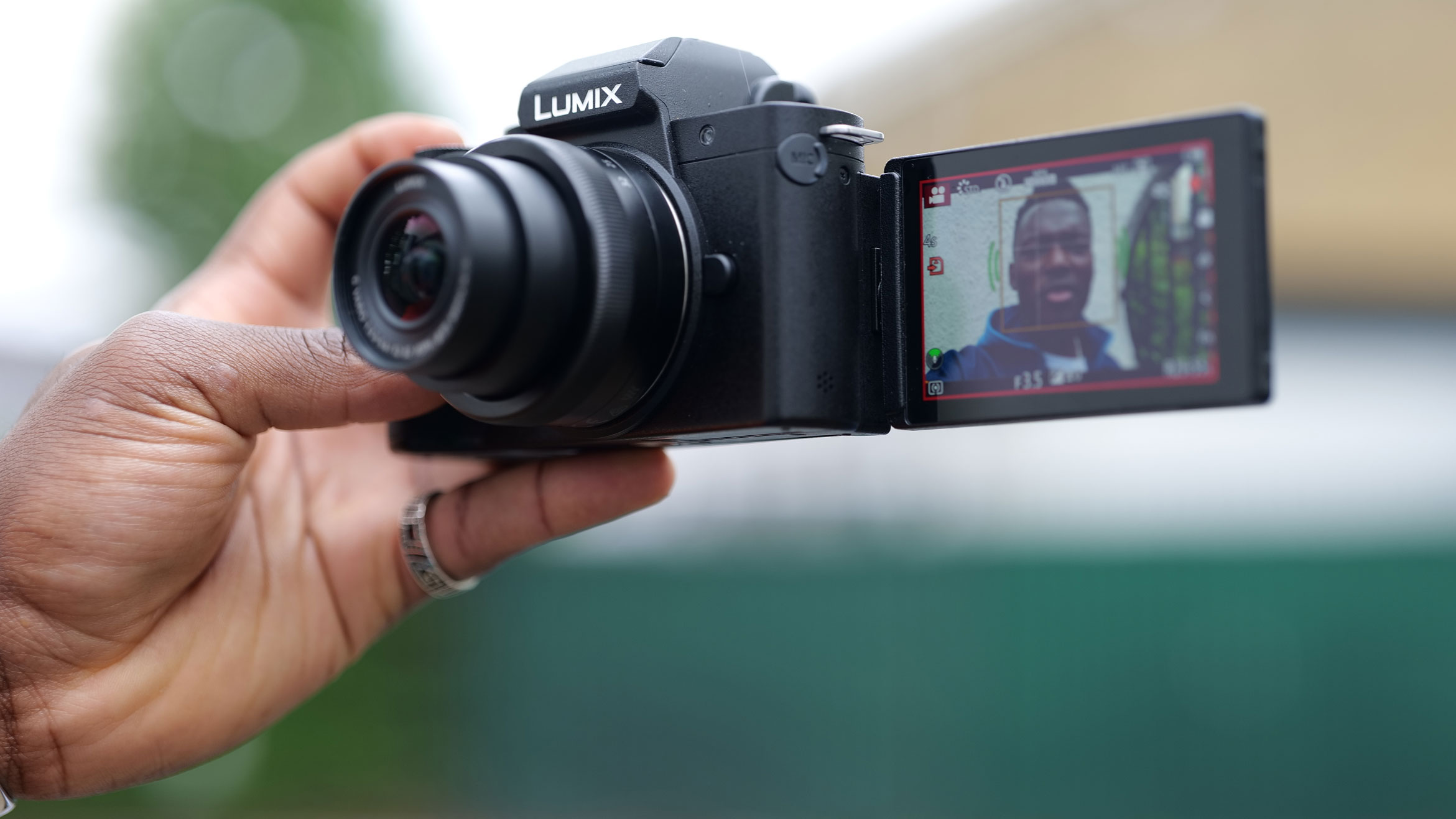
Specifications
Reasons to buy
Reasons to avoid
This baby Lumix is remarkably powerful and extremely good value for money. Unlike many rival budget vlogging cameras, this one has a viewfinder and a very good one at that. The Lumix G100D also has access to a wide range of Micro Four Thirds format lenses from Panasonic, Olympus, Laowa, and others, and these lenses are typically a little bit cheaper and lighter than those of other systems.
New vloggers will enjoy the simplicity of the Lumix G100D. It makes it easy to capture high-quality video and stills with its approachable button layout. Even people uninterested in the technicalities of capturing great-looking videos will be able to get results with this camera.
There are just a couple of downsides that stop the Lumix G100D from taking the top spot. First, Panasonic's DFD autofocus system is just not quite as smooth as the hybrid systems from other makers; second, if you shoot in 4K it does come with a crop factor that reduces the angle of view.
See our full Panasonic G100D review
Best fixed lens budget vlogging camera
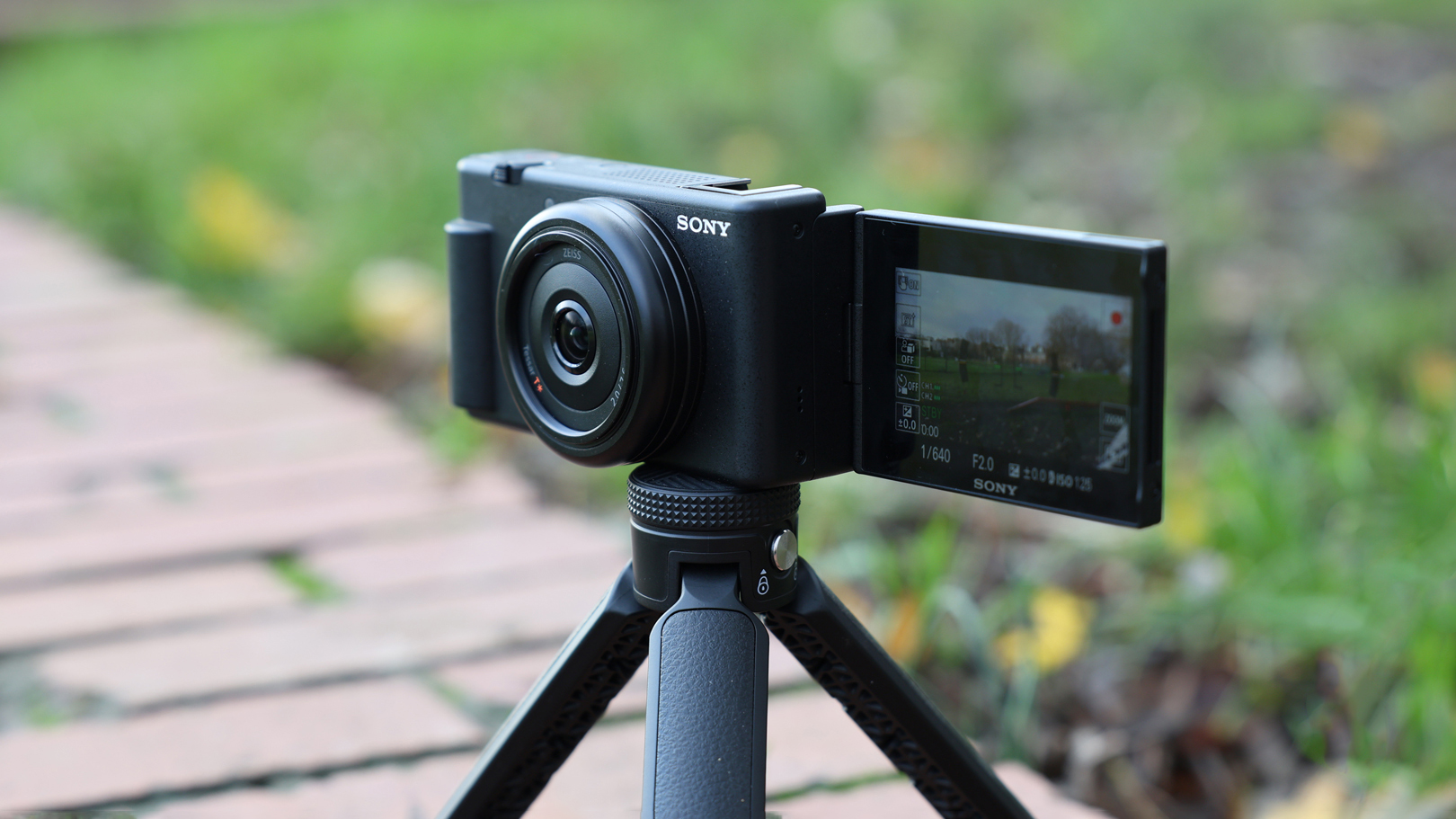
Specifications
Reasons to buy
Reasons to avoid
If you're after a vlogging camera but don't want to faff with investing in lenses, the fixed-lens Sony ZV-1F might just be the answer. While a fixed lens camera can be limiting it can also take away a lot of financial stress and you won't feel like you have to constantly invest or change lenses - instead, you learn to adapt and shoot with what you've got. It's aimed at an amateur vlogger who wants to have a dedicated camera for content creation instead of just relying on a phone.
It does have the edge when it comes to 4K video footage, even if the quality of the stills lets it down a bit. It's perfect for run-and-gun scenarios as you can set it up and start shooting quickly and it's so easy to use you can pass it among friends to make sure everyone has some airtime.
Sure this camera doesn't have some of the bells and whistles of other mirrorless cameras but if you're after high-quality 4K video for social media wrapped up in a pocket-sized compact camera, you'll be hard-pushed to beat the price of the ZV-1F.
Read our full Sony ZV-1F review
Best build quality on a budget
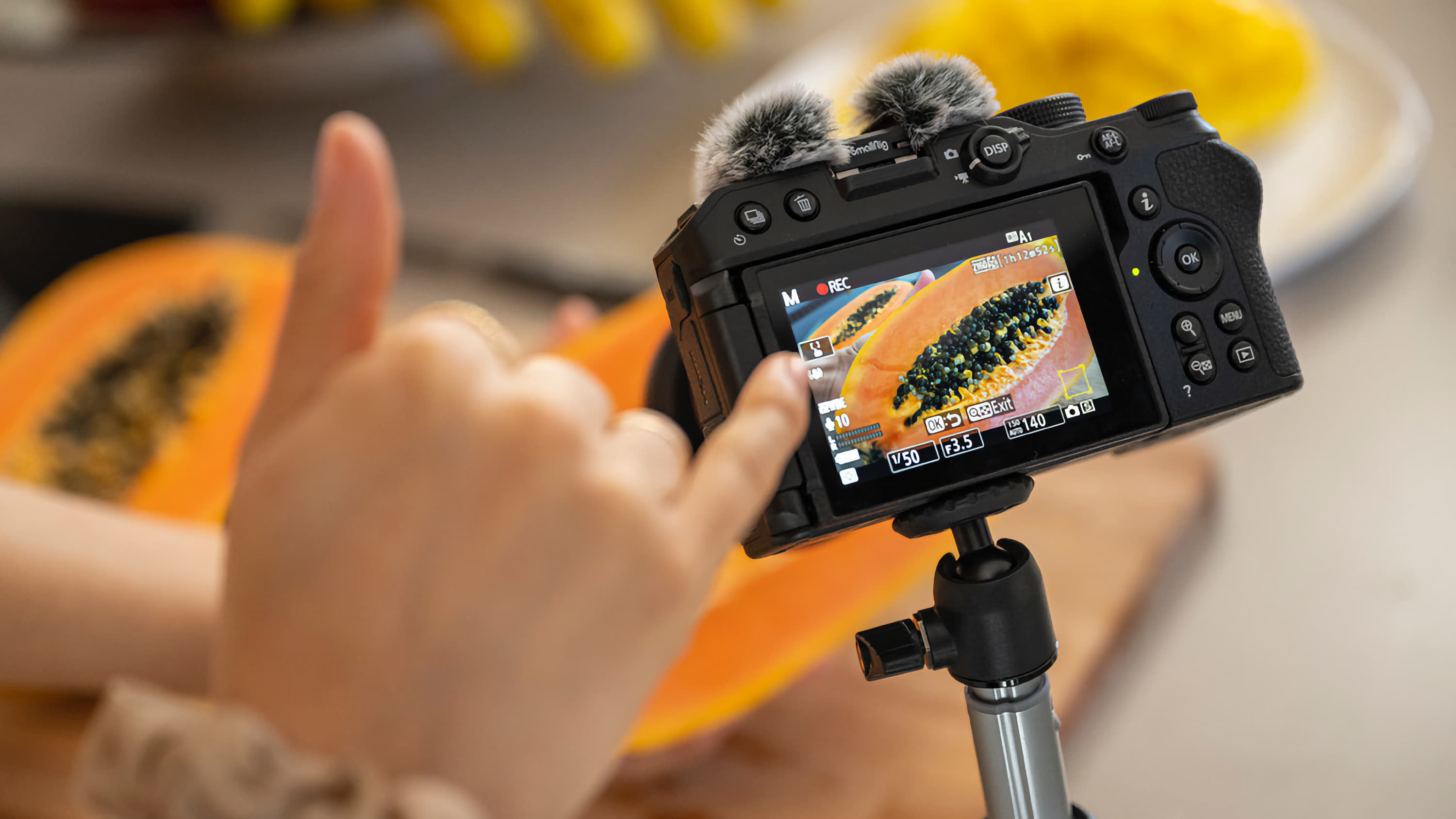
Specifications
Reasons to buy
Reasons to avoid
The Z30 is the cheapest of Nikon's three APS-C format mirrorless cameras, but it's also the one best adapted for vlogging, with a flip-out vari-angle screen perfect for filming yourself. It doesn't have a viewfinder, which might restrict its appeal for stills photography, even though its 20MP sensor actually produces very good still images.
If you want an EVF, you're better off with the Nikon Z fc. Like Canon, Nikon is still getting its APS-C mirrorless lens range off the ground, but it is a few steps ahead, having launched the extra-wide Nikkor Z DX 12-28mm f/3.5-5.6 PZ VR zoom and with some neat 'pancake' primes that match the Z30's dimensions very well. The Z30 can, of course, use full-frame Nikon Z lenses too, but most will be too expensive and too bulky for the Z30's compact body.
Read our full Nikon Z30 review
Best looking vlogging camera
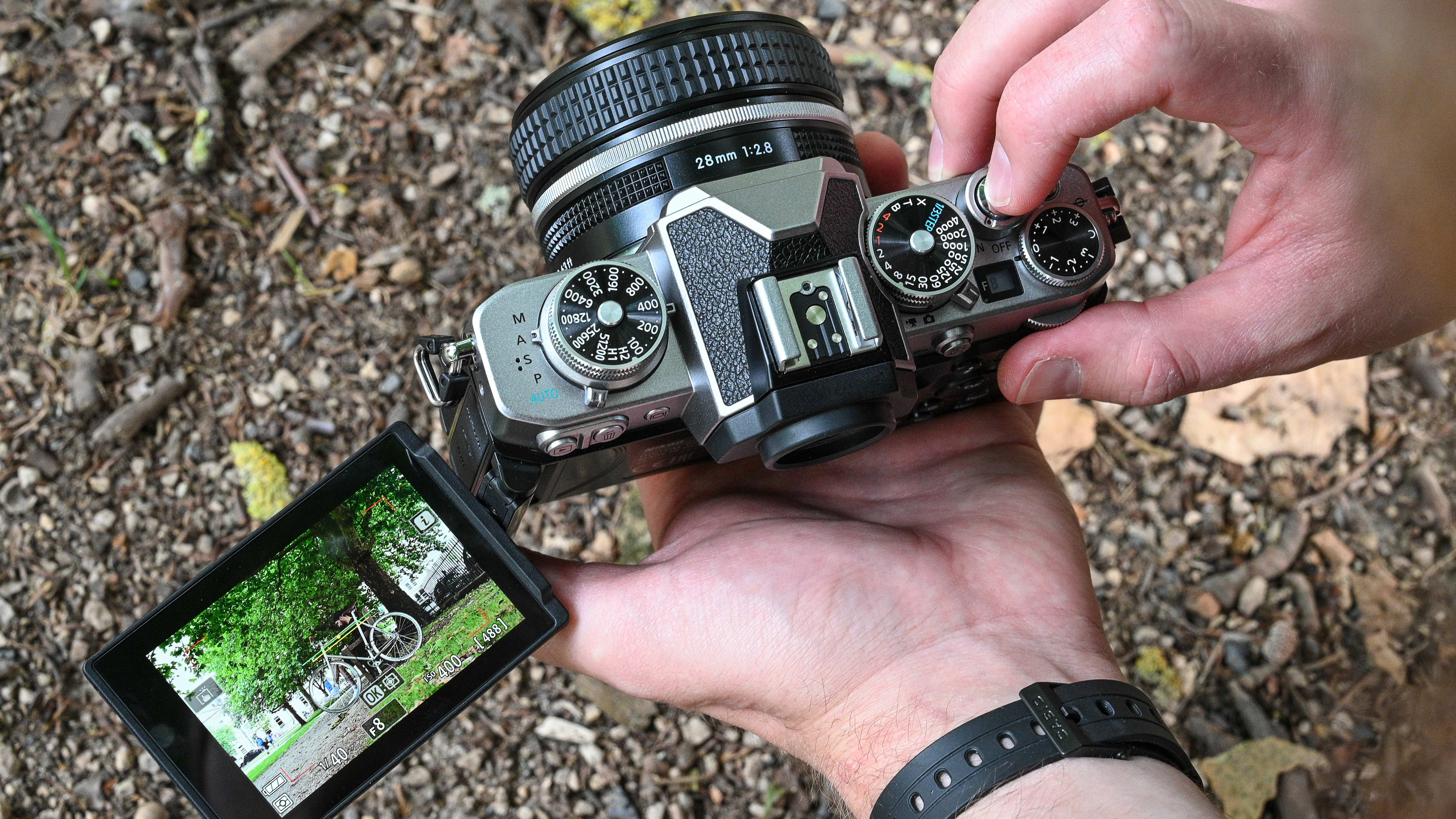
Specifications
Reasons to buy
Reasons to avoid
The Nikon Z fc isn't designed with vlogging in mind in the same way that the Z30 is, but the video capture features are identical, and it also sports an electronic viewfinder and beautiful retro styling that could convince many of us to shell out the extra cash. The aluminum dials are a joy to operate and the body looks so pretty you’ll likely display the camera when it’s not in use.
But the Z fc isn't all style and no substance. Performance and image quality are excellent, so there are few compromises to be made for the extra style. Only the slippery body shape, along with the relative shortage of DX-format native Z-mount lenses (though that is changing) go against the Z fc.
But even with these considerations, if you dig the retro aesthetic, the Z fc is still worth every penny. It's at the top end of the price scale for a budget vlogging camera, but it's still within reach.
Read more: Nikon Z fc review
How to choose the best budget vlogging cameras
Here are the key factors to look for when choosing a budget vlogging camera.
4K video: Even though most YouTube videos and other online/social content are still shared at Full HD resolution, 4K is still the new baseline for video capture. Even if you aren't always producing content in 4K, having the ability to shoot it can be enormously helpful, as you can losslessly crop in to tweak your shot composition.
Interchangeable lenses: Almost all of the cameras on our list are mirrorless camera models that take interchangeable lenses. You can get some good compact vlogging cameras too, but we think the larger sensors and swappable optics of mirrorless cameras are key. Our one exception is the Sony ZV-1F – the ZV-1 series are compact cameras specifically designed for vlogging.
Vari-angle screen: Vloggers typically need to be in front of the camera as well as behind it, so a camera with a screen that can flip forwards to face the front is a must.
Mic socket: Even if you're still only starting out, you'll need to think about using an external microphone at some point, so look out for cameras with microphone sockets, otherwise you're a bit stuck.
How we test the best budget vlogging cameras
How we test cameras is by using them in both real-world shooting scenarios and carefully controlled lab conditions.
For budget vlogging cameras, we test things such as how well the image stabilization works when we are shooting on the move, how fast and accurate the autofocus is, whether it can track human and animal eyes and faces, and how easy it is to color grade the video afterward when shooting in V-Log for example.
Shooting in real-life environments, we make short films and clips that put the camera's features through their paces. We also measure a camera's proficiency against its price – does it offer vloggers genuine value for money, or can you spend less elsewhere to get better functionality and video quality?
Get the Digital Camera World Newsletter
The best camera deals, reviews, product advice, and unmissable photography news, direct to your inbox!
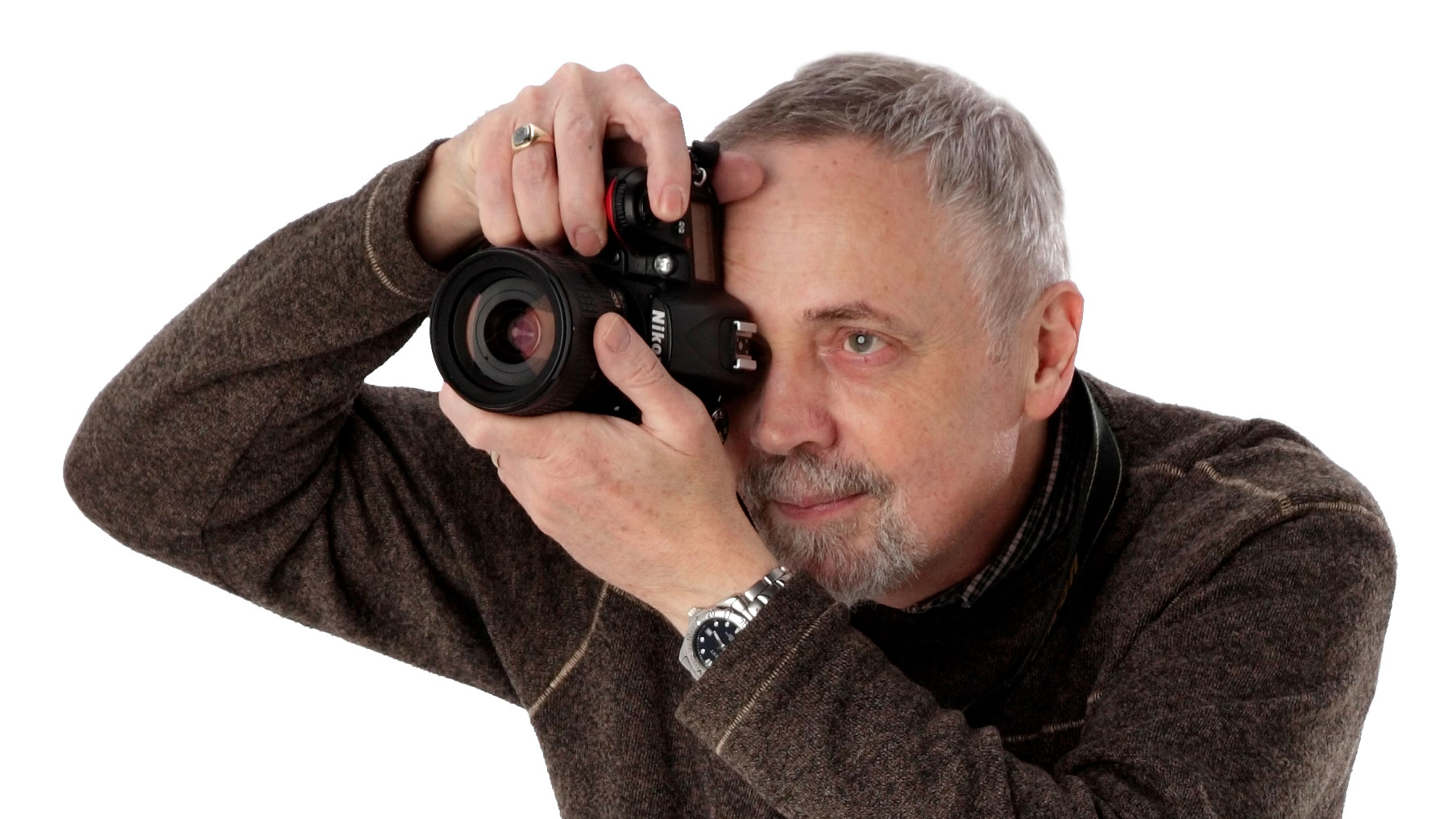
Rod is an independent photography journalist and editor, and a long-standing Digital Camera World contributor, having previously worked as DCW's Group Reviews editor. Before that he has been technique editor on N-Photo, Head of Testing for the photography division and Camera Channel editor on TechRadar, as well as contributing to many other publications. He has been writing about photography technique, photo editing and digital cameras since they first appeared, and before that began his career writing about film photography. He has used and reviewed practically every interchangeable lens camera launched in the past 20 years, from entry-level DSLRs to medium format cameras, together with lenses, tripods, gimbals, light meters, camera bags and more. Rod has his own camera gear blog at fotovolo.com but also writes about photo-editing applications and techniques at lifeafterphotoshop.com
